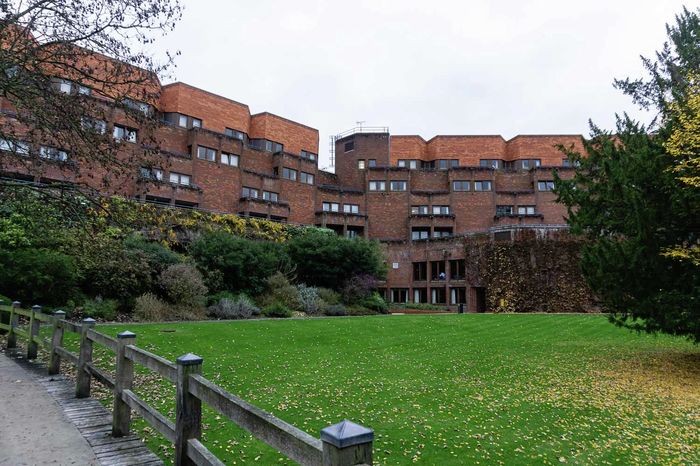Two thirds of Cambridge researchers employed on ‘precarious’ temporary contracts
A recent report found that many researchers are concerned about job security, pay pressures and ‘a culture of overwork’

Over two-thirds of researchers at Cambridge are employed on a fixed-term basis, a report by the Cambridge University and College Union (UCU) has found.
The report drew upon the University’s own records, and a separate staff survey conducted by the UCU.
Over 69% of research staff were found to work on fixed-term contracts, with 13% on contracts of 12 months or less.
The report uncovered that, in “contradiction to the University’s official fixed-term contract policy,” multiple staff contracts were renewed on a current basis.
In addition, the report also flagged issues of “pay pressures” and a “culture of overwork”.
9% of the full-time employees surveyed reported salaries below £30,000, making them “among the lowest-paid researchers in UK higher education institutions”.
One respondent stated that “it’s becoming progressively harder to be able to afford rent in Cambridge”.
Another researcher said they would soon leave the University, because they did not have “enough savings to keep living beyond [their] means” and because they were “sick of precarious, fixed-term contracts”.
The report also raised concerns over equal opportunity for female researchers. A respondent claimed that “promotion prospects for women in research roles, especially women with children, seem to be particularly poor”.
The UCU said that issues were particularly prevalent for researchers at individual Colleges, stating that “none of the constituent Colleges recognise any trade union to represent their research staff,” compared to those employed directly at the University.
This comes after a report last month claimed that some supervisors face an effective pay rate £3 below the living wage. Negotiations are ongoing between the University and the supervisors’ union after a boycott threat was called off in October.
A Cambridge University spokesperson said: “Although this survey represents under 3% of research staff, we acknowledge the concerns raised in this report. The University is undertaking a number of initiatives to help ensure all members of our workforce are engaged on appropriate terms and recognised for the valuable work they contribute.”
“The University reviewed staff working on fixed-term contracts in 2020/21, resulting in about 300 staff moving to open-ended contracts. A further project is underway, working with the trade unions to review the use of fixed-term contracts at the University and the associated guidance,” they said.
Employment precarity is also a priority area for our institutional research culture work and discussions are underway as to how this might be taken forward. In addition, a project to set up a new Academic Career Pathway for research staff is in its advanced stages, which is intended to help make promotion and recognition for excellence fair, equitable, and transparent, while all postdocs are encouraged to sign up to a mentoring scheme run by the University’s Postdoc Academy,” they added.
 Comment / Plastic pubs: the problem with Cambridge alehouses 5 January 2026
Comment / Plastic pubs: the problem with Cambridge alehouses 5 January 2026 News / Cambridge academics stand out in King’s 2026 Honours List2 January 2026
News / Cambridge academics stand out in King’s 2026 Honours List2 January 2026 News / Cambridge businesses concerned infrastructure delays will hurt growth5 January 2026
News / Cambridge businesses concerned infrastructure delays will hurt growth5 January 2026 News / AstraZeneca sues for £32 million over faulty construction at Cambridge Campus31 December 2025
News / AstraZeneca sues for £32 million over faulty construction at Cambridge Campus31 December 2025 Interviews / You don’t need to peak at Cambridge, says Robin Harding31 December 2025
Interviews / You don’t need to peak at Cambridge, says Robin Harding31 December 2025









